Category: genomics
Trends in Tier 1 Genomic Applications 2013-2022
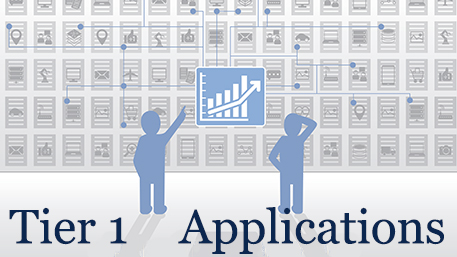
The CDC Tier 1 genomic applications database can help consumers, providers, health care organizations and public health programs accelerate the translation of genomic discoveries into improved population health. Background Advances in genomics and precision medicine are proceeding at a rapid pace. Many genomic tests have reached clinical practice without clear indication as to whether their Read More >
Posted on byGenomics, Health Equity, and Global Health

The World Health Organization’s Science Council recently issued its first report on accelerating access to genomics for global health. The report makes a strong case for less-resourced countries to gain access to such technologies. Although remarkable progress has been made in the translation of genomic discoveries into health benefits, in 2020, the World Health Organization (WHO) reminded Read More >
Posted on byFrom the Genome to the Exposome: Mapping Causal Associations Between Environmental Factors and Population Health
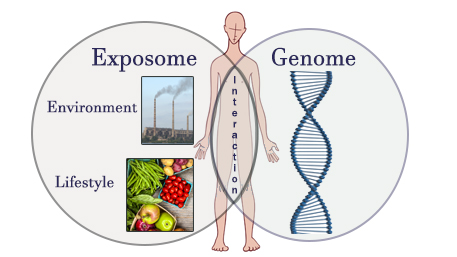
Environmental factors such as lifestyle, diet, and exposure to toxins and chemical agents, can play an important role in our health. Complementary to the “genome,” which is the complete set of an individual’s genetic information, the “exposome” represents an individual’s complete set of environmental exposures throughout their lifetime. Coined in 2005, the “exposome” captures the Read More >
Posted on byFrom Guthrie to Genomes: The Continued Evolution of Newborn Screening
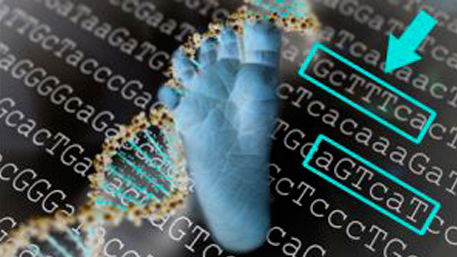
Two recent articles by Bick et al. and Watson et al. discussed the future of newborn screening and identified considerations and needs for the evolution of the newborn screening system as it tries to meet the growing demands to screen for more rare diseases and incorporate genomic technologies. As newborn screening (NBS) moves past 60 Read More >
Posted on by 1 CommentMeasuring Lipoprotein(a) in Clinical Practice to Reduce the Burden of Cardiovascular Disease? Still Work in Progress.

A recent review suggested that the use of lipoprotein (Lp) (a) measurement in clinical practice may have clinical and economic benefits for patients, healthcare systems, and society as a whole. However, widespread adoption of Lp(a) measurement in the general population has been hindered by limited treatment options targeting Lp(a) reduction. Cardiovascular disease (CVD) remains the Read More >
Posted on by 3 CommentsImproving access to genetic services for underserved populations: Amish, Mennonite, and other Plain communities

Lack of access to genetic services in rural areas could contribute to disparities in quality of care, but tailored approaches can overcome some barriers and improve care. Here we present the example of the Midwest Genetics Network (MGN) outreach with the Plain communities. Plain people are descendants of the Anabaptists who emigrated to the United Read More >
Posted on byFulfilling the Promise of Epigenetics Requires More Studies in Diverse Populations

Two recent articles, one in Nature Genetics and another in Genome Medicine, report the lack of racial and ethnic diversity in epigenetic research. This needs to change in order to fulfill the promise of epigenetics as a tool for health equity science. Health equity is the state where everyone has a fair and just ability Read More >
Posted on byPrecision Health Innovations in the Pandemic Era
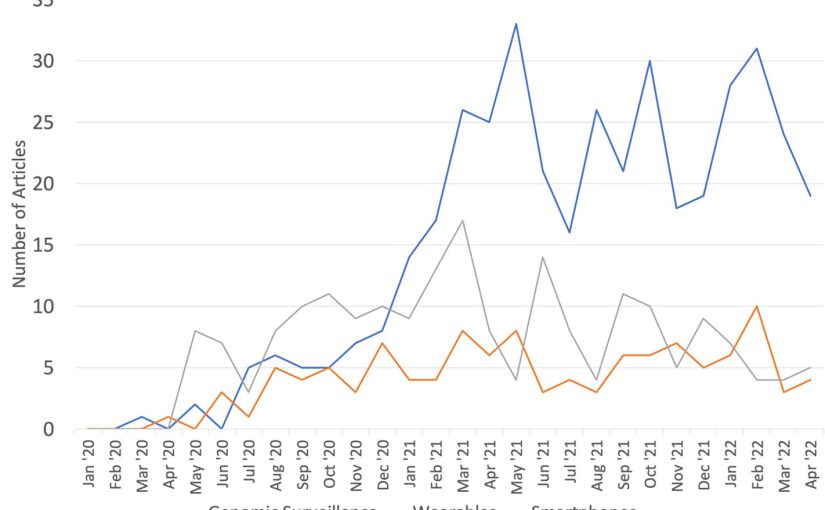
Two recent articles, one in Nature Medicine and another in Nature Biotechnology, highlight areas of health innovation that have been accelerated by the COVID-19 pandemic. This blog post focuses on two precision health applications of technology—(1) genomics and (2) wearable devices and smartphone apps—that are likely to have a lasting impact beyond the pandemic. Increased Read More >
Posted on byPolygenic Risk Scores in Clinical Practice? Still Making the Case
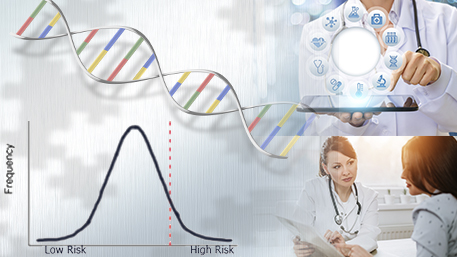
Two recent systematic reviews show the lack of data on clinical utility of polygenic risk scores and major challenges in implementation. The Promise of Polygenic Risk Scores in Population Health Many common diseases such as cancer, diabetes, and heart disease, result from the combination of genetic factors and physical and social environmental factors. Genome-wide association Read More >
Posted on byPopulation Genomic Screening is Here: We Need Evidence on Health Impact and Optimal Implementation

A recent study identified 12 population-based genomic screening programs in the United States and described their implementation logistics and potential health impact. In the past decade, the promise of genomic screening in the general population has garnered increasing interest due to a combination of factors such as enhanced sequencing capabilities, lowered costs of testing, and Read More >
Posted on by 2 Comments

